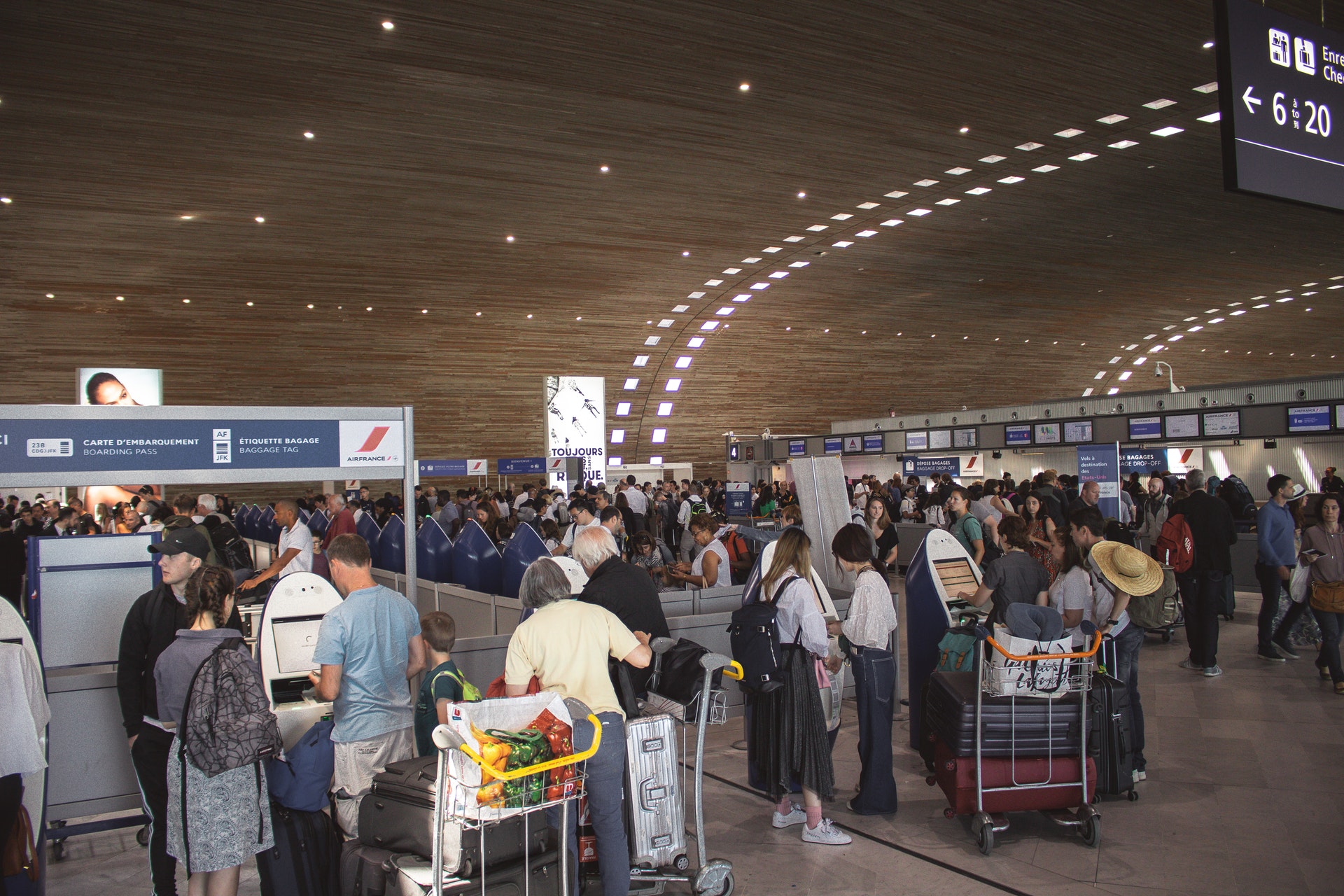
MANILA — Logistical considerations are among the factors being taken up by the Philippine government over the proposal on whether to refine or scrap outright the visa upon arrival (VUA) policy for Chinese travelers, the Department of Justice (DOJ) said Friday.
“China is a very big country. Andaming nanggagaling (There are many people who come) from remote provinces ng (of) China, so the question is do we have enough consular offices to handle. If the DFA says kaya namin yan (we can do that), we have been doing that before, well and good, no problem with us, we will consider reviewing the mechanism of visa upon arrival with the coordination of Bureau of Immigration and DFA (Department of Foreign Affairs),” Guevarra told newsmen.
Justice Undersecretary Mark Perete, meanwhile, said any refinement of the VUA, if adopted, would include safeguards to prevent abuse.
“Definitely the requirements on who may be able to avail visa upon arrival would have to be reviewed as well if the option is to refine the system to avoid abuses,” he explained.
Perete also said the final decision on whether to scrap the VUA policy will come after balancing a number of concerns.
“At the moment, the informal proposal ng BI is to refine the system, but the proposal came before (DFA) secretary (Teodoro) Locsin came up with the proposal to scrap it, we will have to see, we will have to balance the differing interests, and differing demands from the sectors. The visas upon arrival was the demand of the Department of Tourism before, so baka (probably), its now put in place,” Perete added.
Guevarra said they will also consider the issue of security raised by National Security Adviser Hermogenes Esperon, among others.
“Meron ding (There is also a) concern on undocumented Chinese nationals are coming over, or documented but doing something else, so that is something we should also take into account,” he said.
The DOJ chief said one of the concerns of the BI is that the usual three-month visa, which is renewable for another three months, is being abused by foreigners who then go to work without acquiring the required work permits.